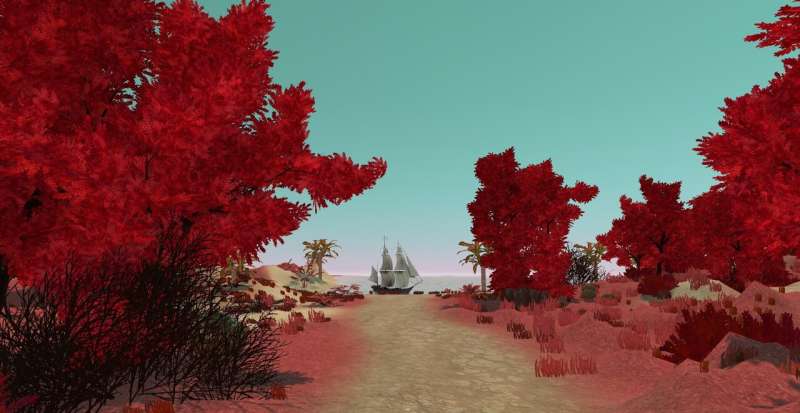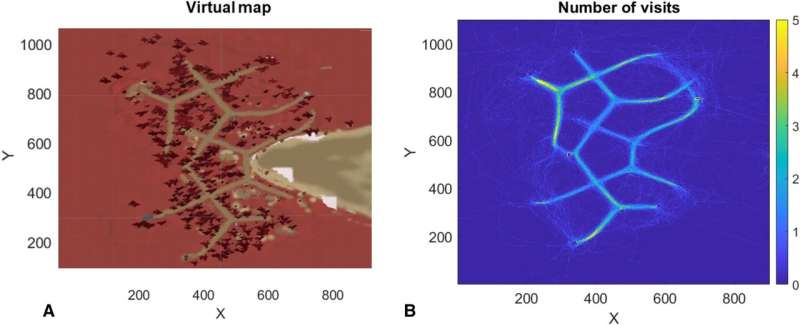A new environment boosts your memory (but not for everyone)

However tempting it may be, as a student, to lock yourself in your room or in favorite library nook in the days running up to an important exam, it's not a very wise choice, stresses neuroscientist Judith Schomaker.
Her most recent research, done with Marit Ruitenberg and Valentin Baumann and recently published in Scientific Reports, suggests that "it is precisely when you start learning after you have explored a new environment that you are more likely to remember the learning material. So get out there, preferably to a place you have never been before, such as a completely new city."
For older people, on the other hand, this advantageous novelty effect does not apply as much; the older you get, the less your memory benefits from a new environment, Judith Schomaker finds in her new research. That finding is not consistent with what researchers previously predicted. "It has been suggested in the literature for about a decade that a new environment could be used to improve memory in older people. But our research shows that there is actually no memory improvement in that older population."
Research in NEMO
Schomaker and her colleagues discovered this after a large-scale experiment during NEMO Science Live. "It was autumn 2020, just before the second lockdown was announced. The museum was super busy, but all exhibitions were closed, so all the people came to our research." This gave Judith and her team the opportunity to comprehensively survey over four hundred participants aged between 8 and 67.
They had them explore a virtual forest environment twice. One half walked through the same environment twice; the other half visited a new place the second time. The participants were then subjected to a range of tests, including memorizing a string of words.

"We saw that especially adolescents and young adults who had visited a new environment remembered the list of words better."
It was further found that headstrong participants who wandered off the beaten virtual paths unsolicited were also better at remembering the words, than participants who had bravely stayed on the path. "It seems there is a link between how much you explore, your roaming entropy, and how well you are able to remember those words. Of course, it could also be the other way round; that people who are naturally exploratory are better at learning new things."
Dopamine
That the people who explored a new environment the second time remembered the words better, is presumably due to the dopamine system. "A new environment boosts your dopamine, which is projected to the hippocampus, the area in your brain related to learning. And dopamine lowers your learning threshold."
From an evolutionary perspective, this makes sense. "In a new environment, you have to scan quickly: where do I find a reward, where is danger? Beforehand, you don't know what's going to be relevant to you, so it's also not surprising that that learning effect generalizes to other areas."
There, then, lies the possible reason why this beneficial memory effect failed in the elderly, as well as in young children. "In the elderly, the dopamine system is declining and in children that system is still developing, so that could explain why novelty does not have a reinforcing effect for memory in them."
Still, there remains plenty of scope for follow-up research in this area, including in the elderly. "We have seen in previous animal research that if you teach older animals after repeated learning , i.e. learning twice in a row, they do remember information better again after and before exposure to a new environment. The effect still seems to exist in them, but maybe the elderly need just a bit more stimulation to trigger that."
More information: Judith Schomaker et al, Effects of exploring a novel environment on memory across the lifespan, Scientific Reports (2022). DOI: 10.1038/s41598-022-20562-4



















